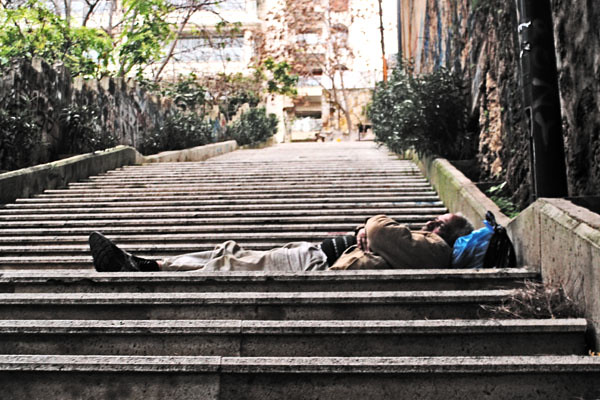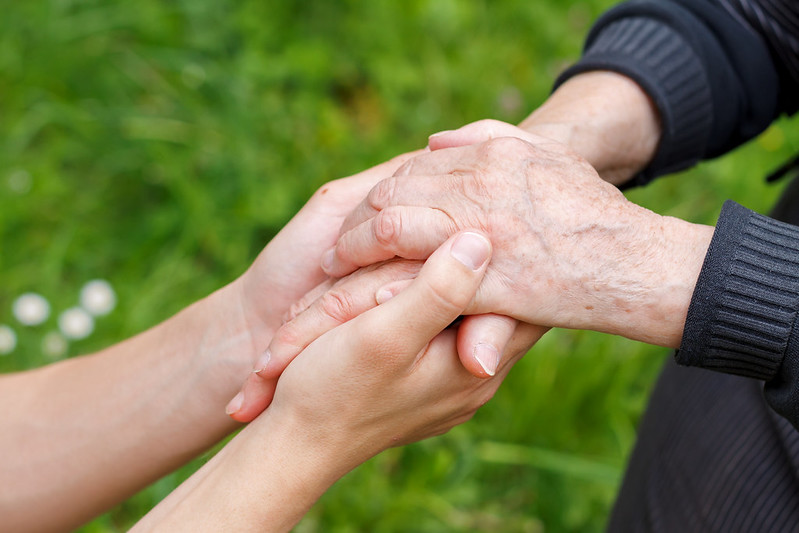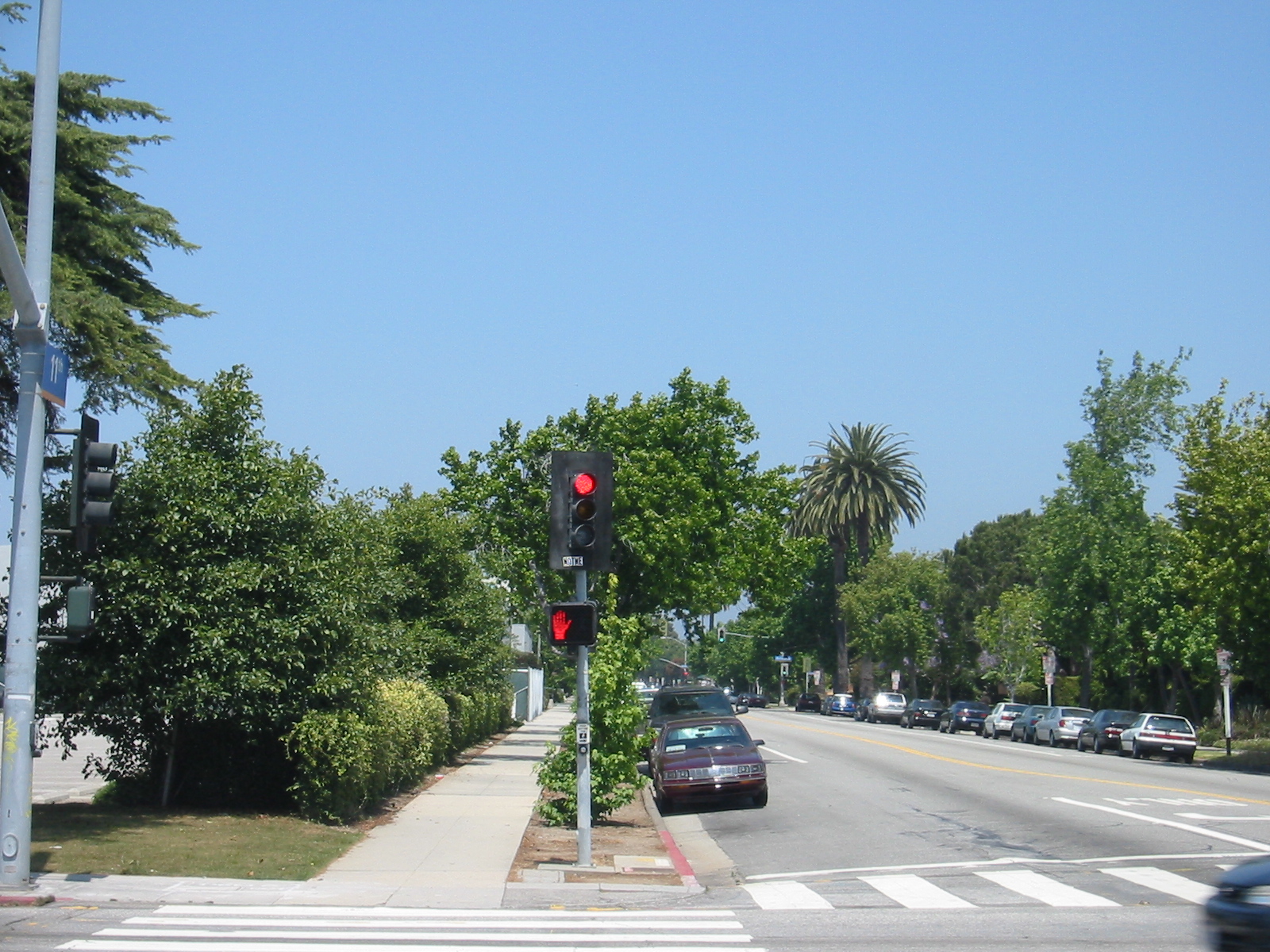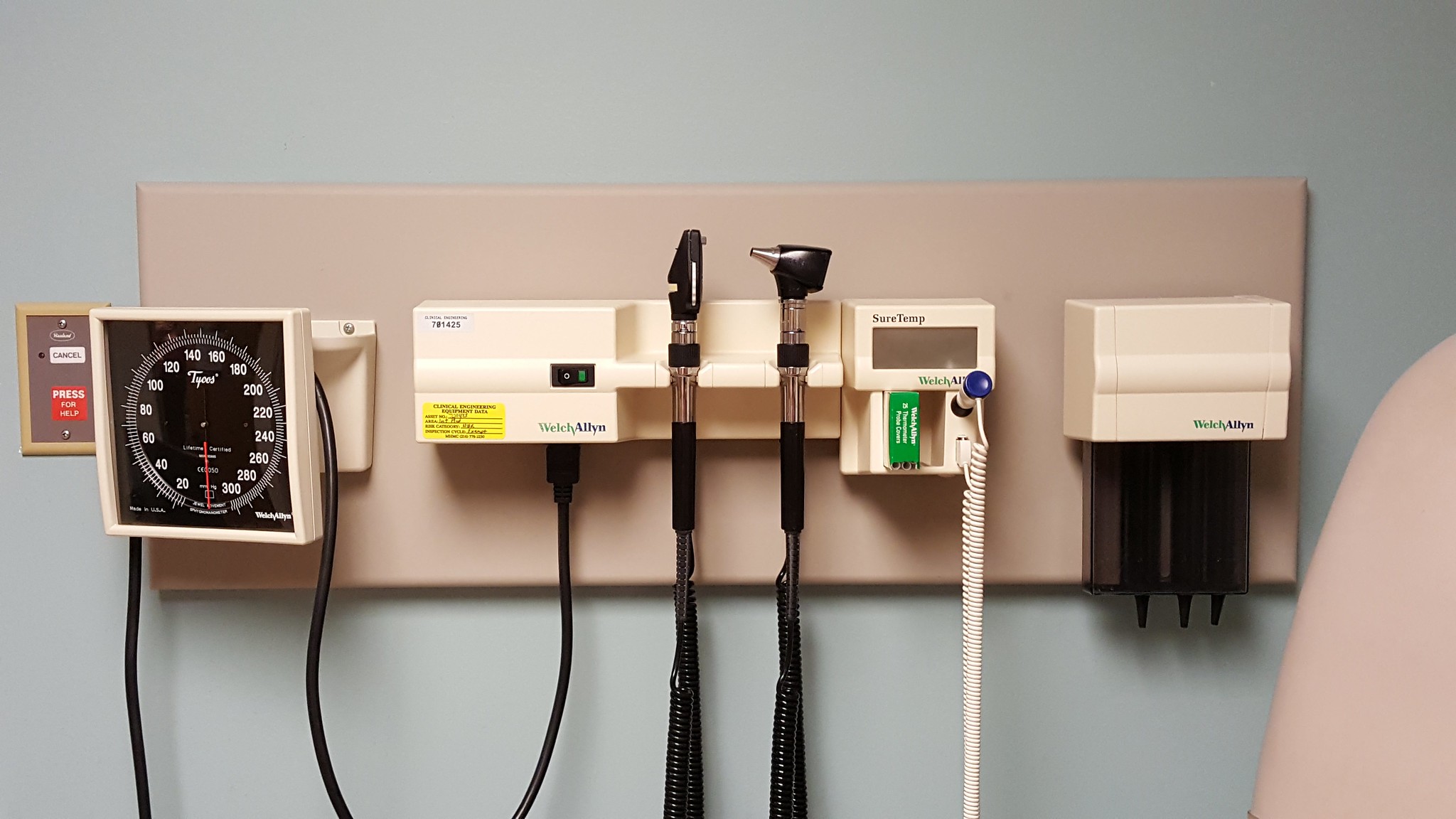A Longing for Belonging
As patients moved in and out of the modest office for their appointments, their duffel bags and luggage in tow containing all their personal belongings, the day unfolded in typical fashion. Yet, within the confines of this psychiatry office catering exclusively to the local unhoused population, “normal” took on a unique meaning.










